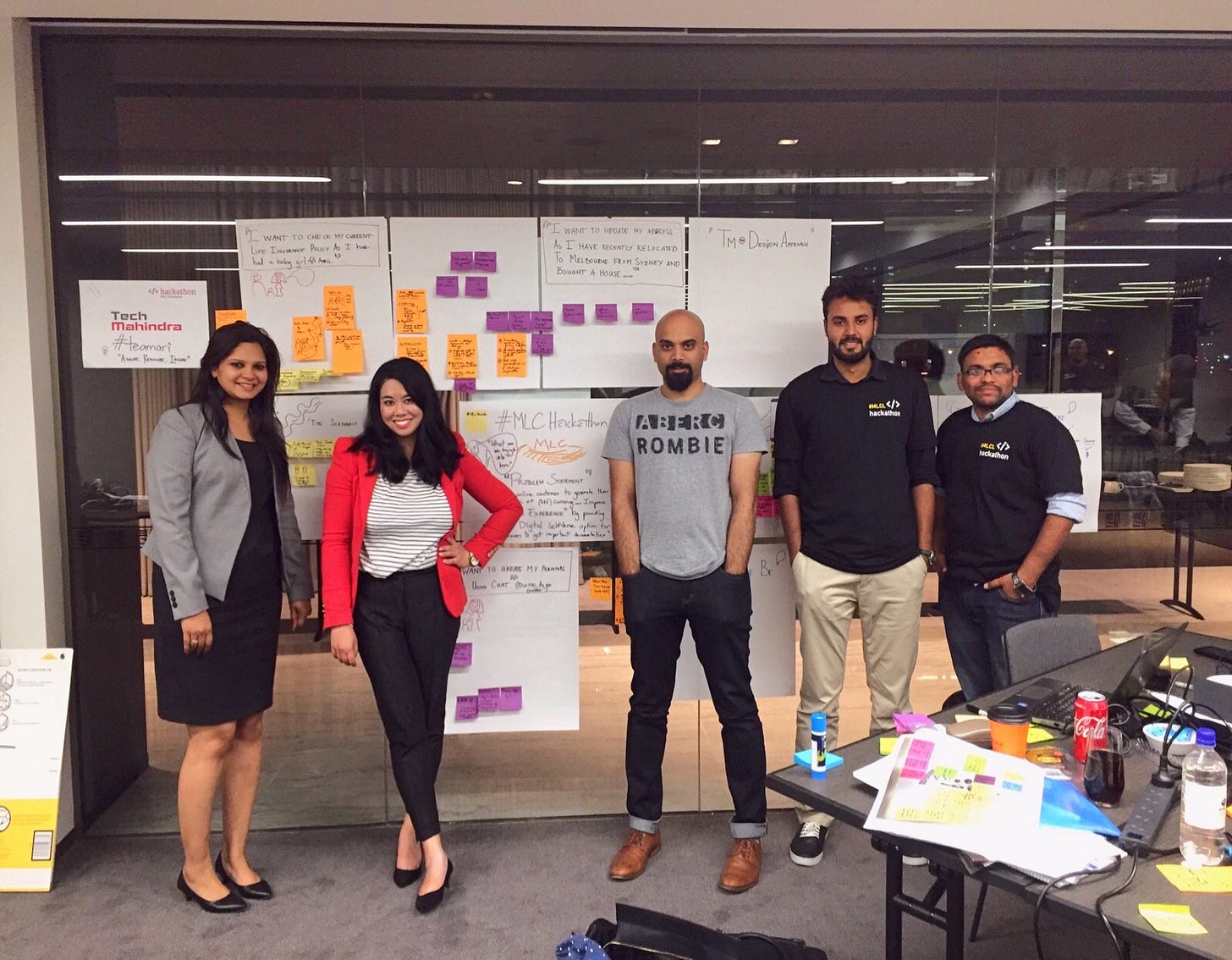To Write Policy One Must Know How To Practice
An opinion piece on enabling the policy experience & transformation of Healthcare in Australia in Strengthening Medicare Taskforce.
Written by: Dr. Karen Austria
‘They Say That Practice Makes Perfect’
As a seasoned business and technology executive with a healthcare background and backed by a wealth of experience advising and delivering multi-billion dollar initiatives to government, private practices, and businesses. I bring a unique perspective to the table when it comes to writing effective policy.
My time in the field has given me hands-on insights into the practicalities of running a successful business, and I understand the challenges that organisations face on a daily basis.
By leveraging my experience and knowledge, I am well-equipped to write policies alongside the doctors and patients that not only address the needs of their experiences and organisations but also take into consideration the realities of the industry and the practical implications of the policy.
The relationship between knowledge and policy writing for the Medicare reform
Whether it's in the context of Medicare reform or private medical practices, my experience and expertise position me to provide valuable insights that can lead to positive outcomes.
To write effective policy, it is crucial to have a comprehensive understanding of the practicalities of the industry in question. In the context of Medicare reform, this means having a strong grasp of the daily experiences of healthcare providers, particularly doctors. Policymakers who invest their time in gaining practical experience and knowledge in the healthcare sector will be better positioned to write policies that meet the needs of both healthcare providers and patients.
The importance of practical experience in policy creation
One way for policymakers to gain practical experience is by visiting healthcare facilities and interacting directly with doctors to understand the challenges they face in their work.
This hands-on experience will provide policymakers with a deeper understanding of the issues that doctors face and the ways in which policy can either support or hinder their work.
Policymakers who have a clear understanding of the realities of healthcare delivery will be better equipped to write policies that are both effective and feasible.
How hands-on experience informs effective policy making
Furthermore, policymakers must also have a strong understanding of the healthcare industry and stay informed of the equity access within the community, latest research and best practices in healthcare delivery.
This knowledge will allow them to write policies that are informed by the latest research and best practices and more likely to result in positive outcomes.
Policymakers who are knowledgeable about the healthcare industry will also be better able to navigate complex policy issues and make informed decisions about how to allocate resources and regulate healthcare delivery.
The role of expertise in shaping policy outcomes
Similarly, owning a business, like a private medical practice, requires a clear understanding of the practical aspects of running a successful business.
For example, a Vascular Surgeon who runs her own private practice must have a good understanding of the overhead costs and profits associated with running a medical practice. She must also be familiar with profit and loss statements to understand the financial health of her practice. By taking these practical considerations into account, the Surgeon can ensure that her practice is financially sustainable and can make informed decisions about the services she offers, the prices she charges, and the policies she implements.
The connection between on-the-ground realities and successful policy implementation.
In conclusion, to write effective policy, policymakers must have a comprehensive understanding of the practical implications of the policy and be knowledgeable about the industry.
Whether in the context of Medicare reform or running a private medical practice, those who invest their time in gaining practical experience and staying informed about their industry will be better equipped to write policies that lead to positive outcomes.


